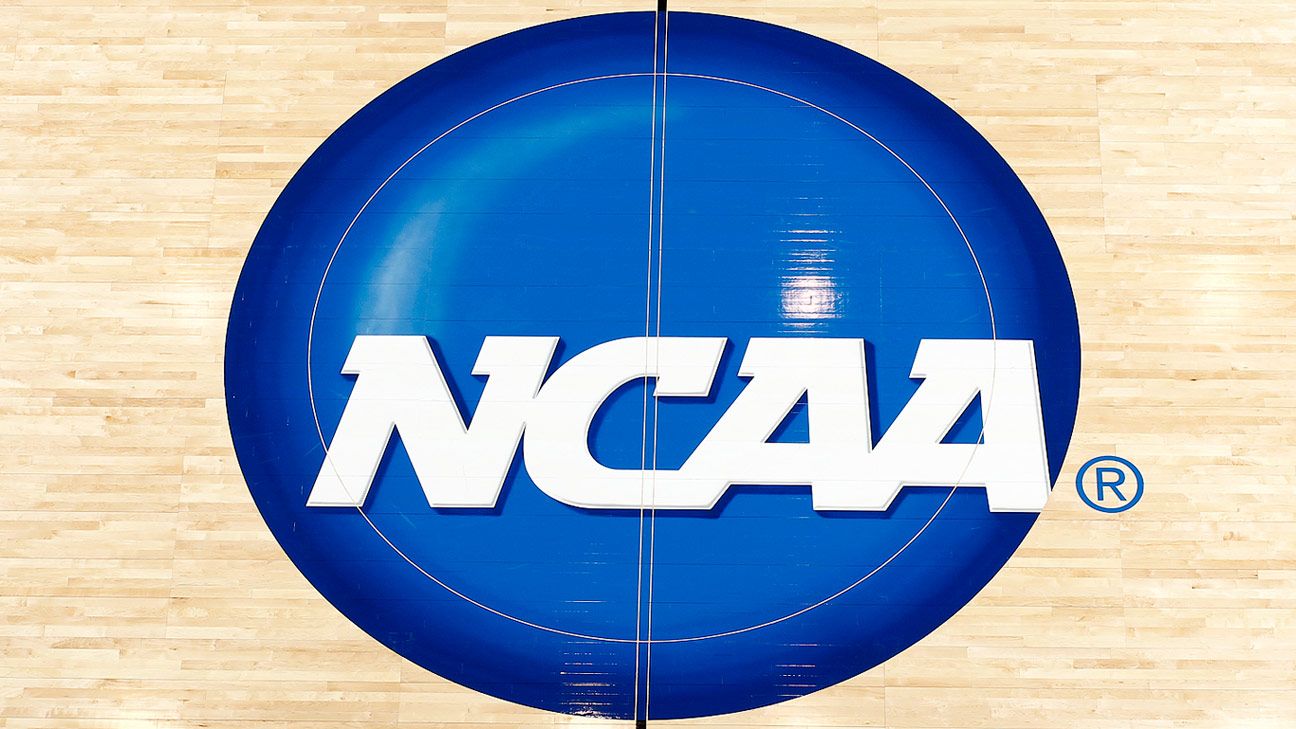College athletes can now wear patches on their uniforms to honor causes they support, including social justice initiatives, the NCAA’s Playing Rules Oversight Panel announced on Thursday.
Under current rules, patches are either banned or unaddressed in Division I sports.
The NCAA Playing Rules Oversight Panel approved rules to allow student-athletes to wear patches on their uniforms for commemorative and memorial purposes as well as to support social justice issues: https://t.co/yjuEsMYMy7 pic.twitter.com/AdWLgFMZ0D
— Inside the NCAA (@InsidetheNCAA) July 30, 2020
The new rule will permit one patch on the front of a player’s uniform and one on the back. On the front, the patch must not exceed 2¼ inches and be used as a “commemorative/memorial patch (names, mascots, nicknames, logos and marks) intended to celebrate or memorialize people, events or other causes.”
Players can also replace their last names on the back of their jerseys to honor a cause they support.
“The second location is on the back of the uniform where the player name is traditionally located and, as authorized by the school or conference, will allow names/words intended to celebrate or memorialize people, events or other causes. The names or words may vary by team member.”
The new rule is subjected to conference and school approval for each athlete.
The announcement follows an energized stretch of activism that has followed the death of George Floyd in May. Collegiate athletes have been engaged in protests and publicized their views through social media.
Ohio State’s Seth Towns, a grad transfer from Harvard, was detained by police at a protest in Columbus, Ohio, after Floyd’s death.
In a span of just 24 hours, I walked across a Harvard virtual graduation stage into the back of police van alongside other peaceful protestors-both of which I am equally proud of. pic.twitter.com/qtvXmw0Fwq
— Seth 💤 (@seth_towns17) May 30, 2020
“I won’t stop. I will continue to use my voice to speak out for the people who are unheard, and that’s what I did. Voice is so important,” Towns said on SportsCenter after the incident. “And when I say ‘voice,’ I’m not talking about speaking, per se; I’m talking about actions. I’m talking about going out and protesting, and doing your duty as a member of this democracy.”
